[Op-Ed] Older Adults in the Struggle to Live and Consume: Decline or Vital Opportunity?
In this article, I invite you to learn about the “Consejos de Sabias y Sabios,” a beautiful initiative in Bogotá D.C., made up of older adults who have chosen to face
MÁS EN ESTA SECCIÓN
In this article, I invite you to learn about the “Consejos de Sabias y Sabios,” a beautiful initiative in Bogotá D.C., made up of older adults who have chosen to face challenges, resist, and build positive lives. They allow themselves to dream, set goals, and work to turn them into action—moving slowly, adjusting rhythms, changing habits, and adapting to an aging body.
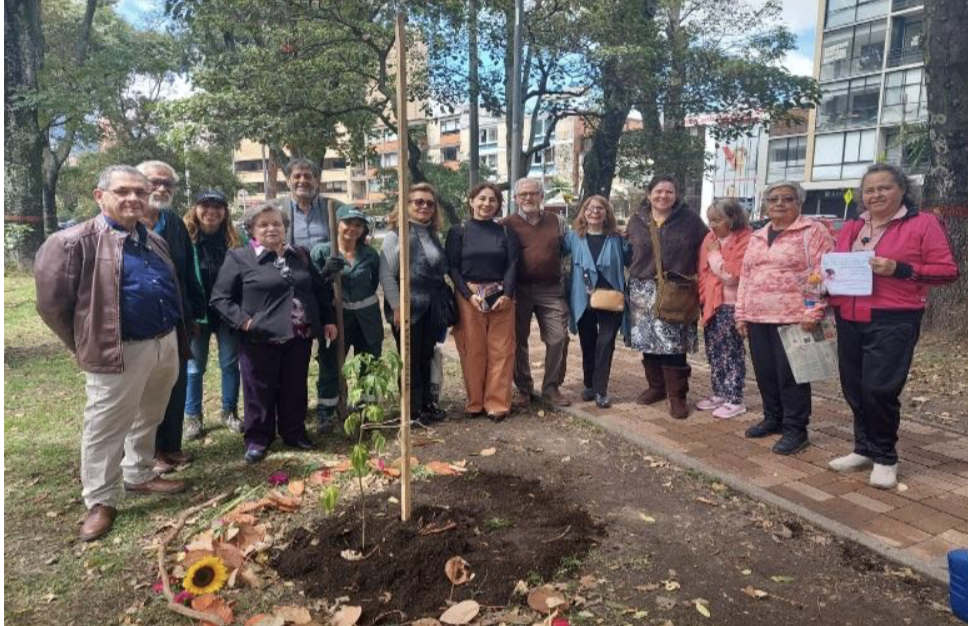
Photo 1. Council of “Sabias y Sabios” of the Town of Teusaquillo-Bogotá. Lucía Vásquez Celis, member of this.
THE ETAREA CATEGORY OF ELDERLY PERSON
“Older Person” refers to women and men over 60 years of age, associated with the generic concept of old age. Respected or not, denigrated or praised, depending on the places or different historical periods, old age is associated with the image of decrepitude and the fear of humiliation. “Nothing is more hateful than old age.” (Erasmus of Rotterdam)
This population sector is located in what Thorstein Veblen characterizes as “abstinence from work”, due to the announcement of retirement from work. “I announce that it is not random if we take into account that one of the goals of this post-modern society is the production and consumption of goods and services; where work is the means that allows respect from others and the foundation of self-esteem, placing its priority interest on young people and adults who belong to the productive wheel. Seen this way, retirement from work is culturally synonymous with doing nothing and being socially nobody. And faced with this crossroads, older people go through perplexity and amazement; they must choose between remaining tied to the past, becoming impervious to changes, or facing the time they have to live, accepting the experience of living it. If they remain stuck in the past, they will be marginalized not only from society but also from reality, which results in illness and isolation. Or be the protagonist of your actions and your own destiny, with self-confidence, using freedom, autonomy, reason, imagination and critical reflection.” Source
THE OLDER ADULT IN BOGOTÁ
There are 1.18 million elderly people living in Bogotá, 690,662 are women (58.5%) and 489,610 are men (41.5%).
“CONSEJOS DE SABIAS Y SABIOS” IN BOGOTÁ
We older people are organized into Councils of Wise Men and Women in the 20 localities of Bogotá, elected by the older people of each locality for a period of 4 years, with the possibility of re-election. Additionally, the coordinators of each locality make up the District Council of Wise Men and Women. Bogotá D.C. It is made up of 20 localities, therefore there are 20 Councils of Wise Men and Women. 10,000 older people, registered as voters to elect the next Councils of Wise Men.
HOW DO THE “CONSEJO DE SABIAS Y SABIOS” IN BOGOTÁ?
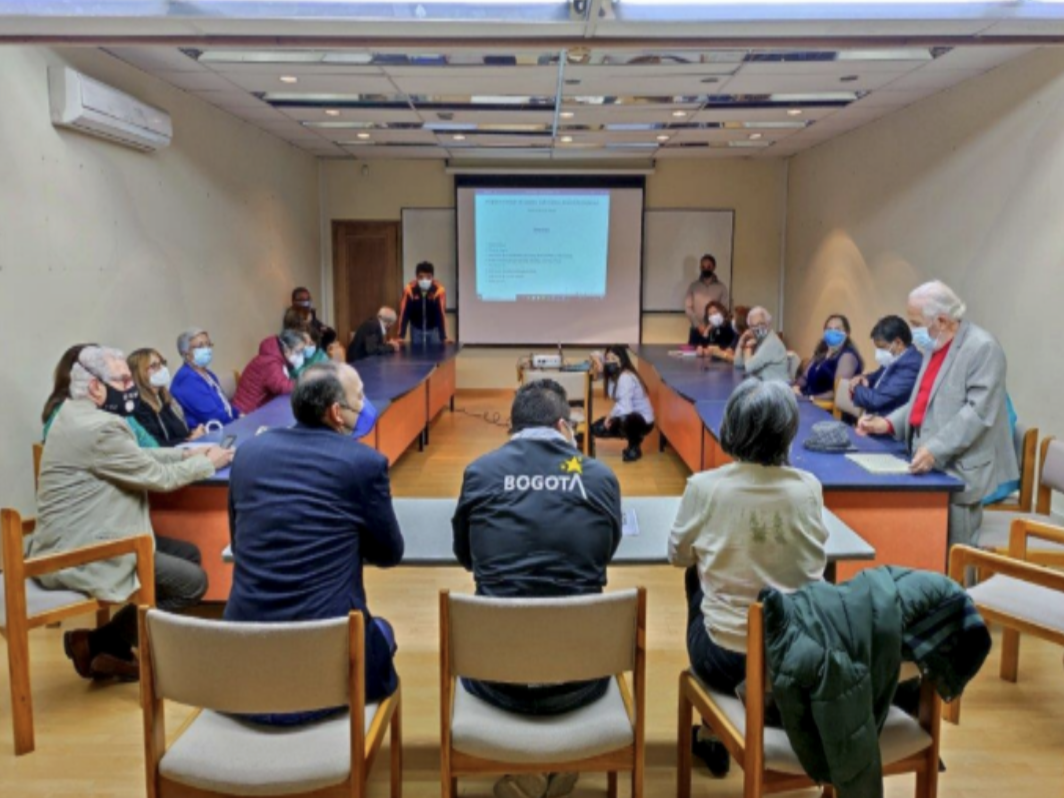
Photo 2. CLSSTE monthly session. Source: https://sabiosteusaquillo.com/category/sin-categoria/
The CLSSTE is an autonomous community participation body elected by the Local Assembly of the Elderly. Its main objective is to manage, promote, propose, supervise and agree between the community and the local authority, programs and projects aimed at comprehensively improving the quality of life of the Elderly. Also, it acts as a local advisor for comprehensive Public Policies on Old Age and Aging and carries out social control for their compliance.
REGULATIONS THAT GUIDE THE CONSEJOS DE SABIAS Y SABIOS
"Acuerdo 284 de 2007, Acuerdo 608 de 2015,
Decreto 599 de 2019, Reglamento Interno del CLSSTE"
CONTENIDO RELACIONADO
PRINCIPLES THAT SUPPORT THE CLSSTE
Gender Equality (Equity); Intergenerational Equity; Respect and Care for Our Planet; Human life and dignity are sacred; Solidarity; Reciprocity, Interdependence and Complementarity and qualified participation
THE MEMBERS OF THE CLSSTE ACT IN COMMITTEES AND DELEGATIONS.
Conciliation and Ethics Commission; Management and Social Control Commission; Community Communication Commission; Public Communication Commission; Education and Culture Commission.
Delegations, with one representative for each of the Local and District Participation Entities, Too in the Human Rights Committees, Oversight Office and other participation bodies.
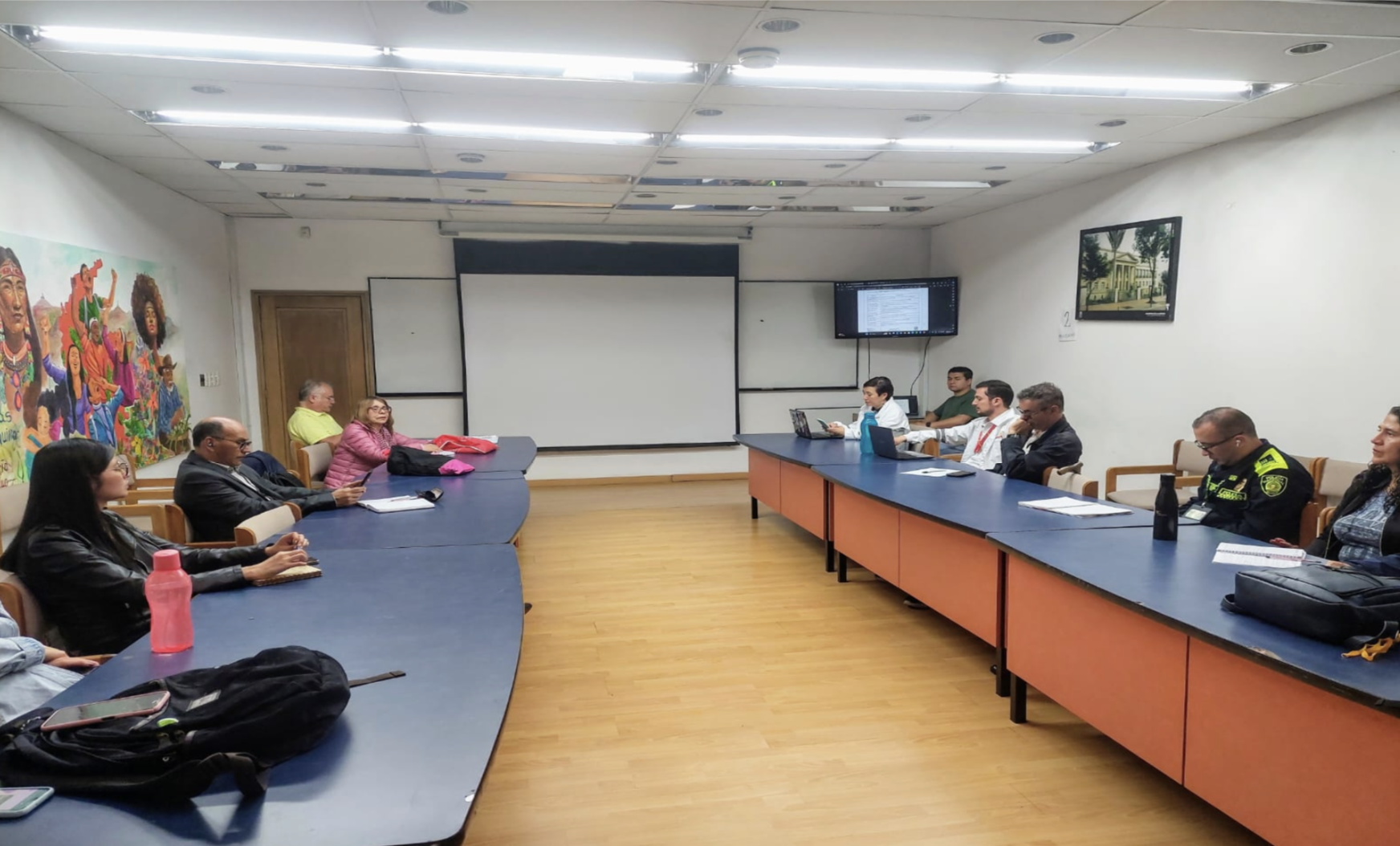
Photo 3. Delegation of the CLSSTE in the Human Rights Committee
We too, participate in social and organizational dynamics at local, district and national levels and we manifest ourselves as CLSTTE in processes of interest: PROPOSALS FOR SOCIAL MOBILIZATION of 2020-2021, in which with a heart aching due to exacerbated violence, we call to widely participatory dialogue and agreement from the conviction that these are possible ways to build alternatives of dignity. COUNCIL OF WISE AND WISE MEN OF TEUSAQUILLO IN KEY WITH COP 16, Manifesto in which as older people on an increasingly shorter path back to being cosmic dust, we recognize our responsibility in the environmental and climate disaster, but fundamentally, we consider as makers of hope for life and peace with nature and among humans. We express “Count on us to build and implement the Global Pact of Humanity for life, for Peace with Nature.” From the coordination, an analytical and projective diagnosis of the elderly person in the town of Teusaquillo has been carried out.
OUR RIGHTS AS AN ELDERLY PERSON
The Inter-American Convention on the Rights of the Elderly established 27 rights, which are mandatory in the countries that have ratified this Convention.
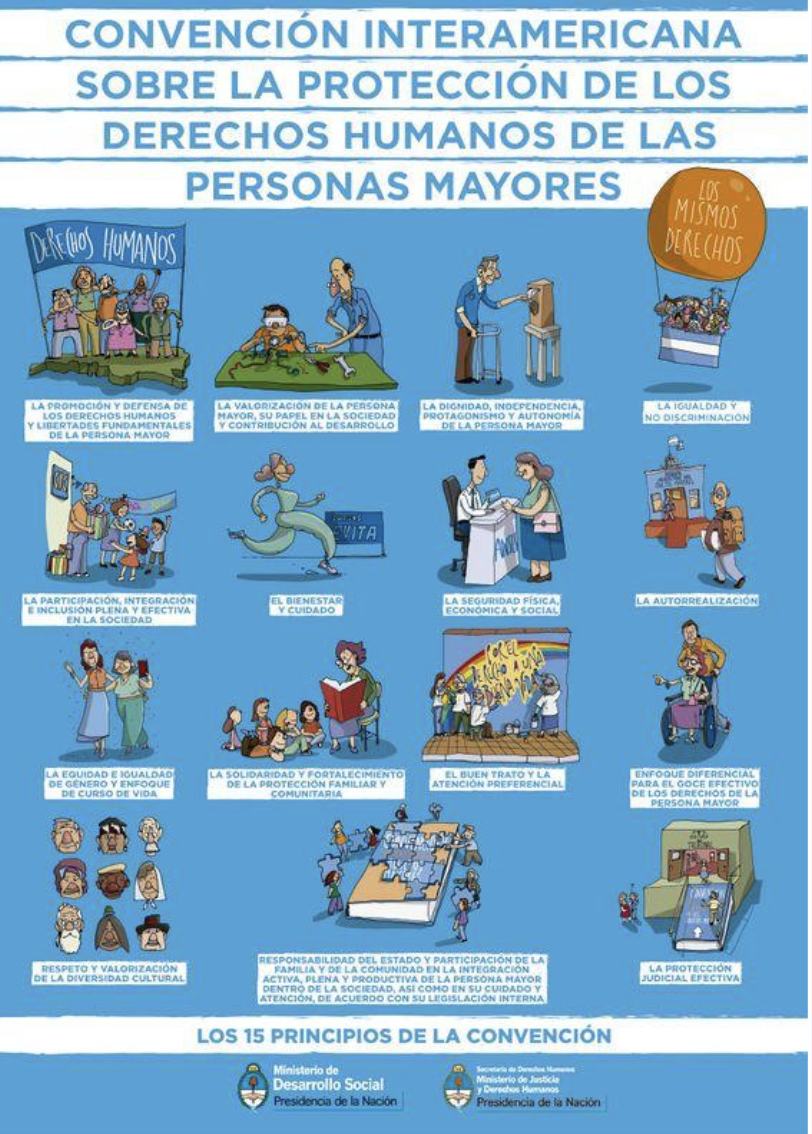



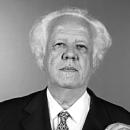


DEJE UN COMENTARIO: